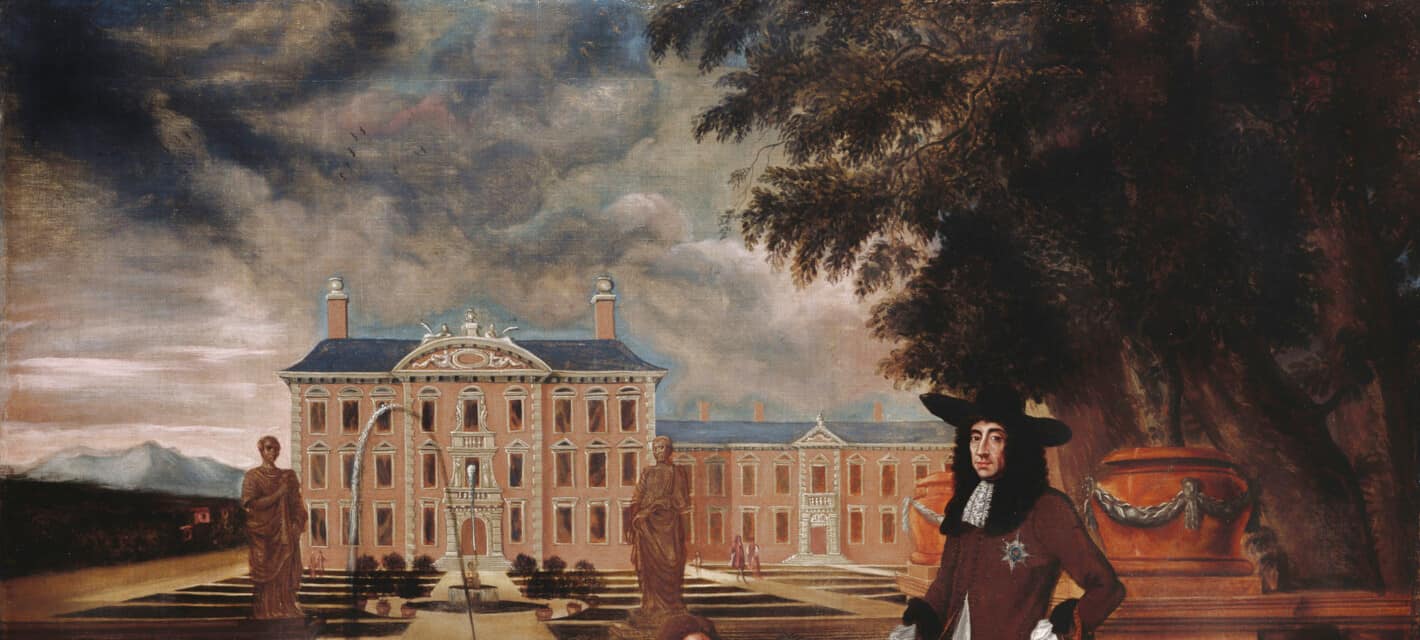History has no shortage of status symbols, beliefs, and habits that seem ridiculous today, but that were perfectly normal to contemporaries. They run the gamut from renting pineapples to believing in flying phallic symbols, to reviving drowning victims by blowing tobacco smoke up their butts, and more. Following are thirty things about those and other ridiculous status symbols, habits, and beliefs from the past.

30. When Pineapples Took Europe by Storm
With pineapples today just a Dole can away, and often costing a buck or less, it might be hard to grasp just how exotic and rare they once used to be. When Christopher Columbus returned from his second voyage in 1496, he brought back a consignment of pineapples. Only one of them survived the sea passage without rotting, but that one was enough to send the Spanish court into raptures. One courtier wrote that “its flavor excels all other fruits“.

Sweet things were not as common in Europe back then as they are today. Refined sugar was rare and extremely expensive, while fruits were only available in season. As such, a ripe sweet pineapple could have been the tastiest thing that a European of that era had ever tasted. An even greater factor was the exotic appearance: pineapples looked like nothing Europeans had seen before. As one envoy of Spain’s King Ferdinand put it: “[it is] the most beautiful of fruits I have seen. I do not suppose there is in the whole world any other of so exquisite and lovely appearance“. Pineapples became prized status symbols, and as seen below, were esteemed to an extent that seems ridiculous today.

